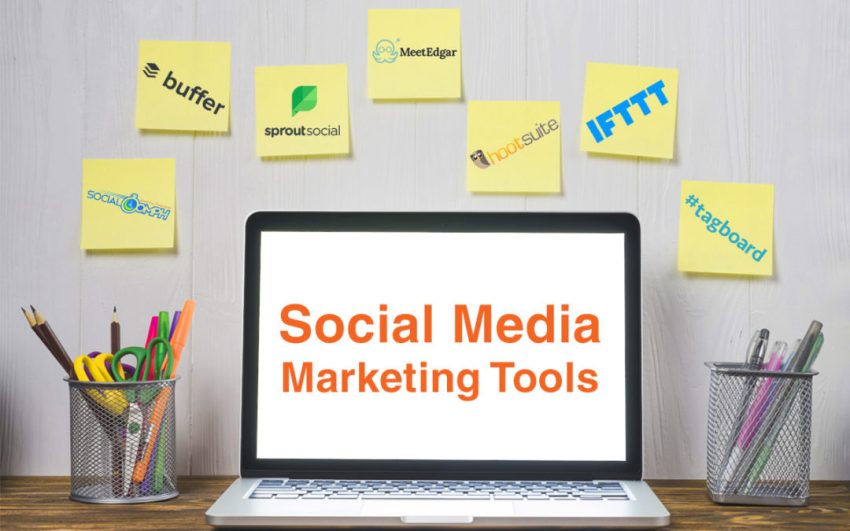In today’s digital age, social media has become an essential tool for businesses to connect with their target audience and build their brand presence. For the hospitality industry, leveraging social media platforms effectively can make a significant impact on customer engagement, loyalty, and ultimately, revenue. In this blog post, we will explore the various ways hospitality brand social media marketing can harness the power of social media marketing to enhance their online presence and attract more customers.
1. Establishing a Strong Social Media Strategy
A well-executed social media strategy is the foundation for success in the digital space. By defining clear objectives, identifying target audiences, and choosing relevant social media platforms, hospitality brands can strategically position themselves in the market. A comprehensive social media strategy will include key elements such as content planning, engagement tactics, and performance tracking.
2. Engaging Content Creation
Compelling and engaging content is the key to capturing the attention of social media users. Hospitality brands should focus on creating a wide variety of content that resonates with their target audience. This may include visually appealing photos and videos of their properties, behind-the-scenes glimpses, guest testimonials, or even informative blog posts related to travel and tourism. By consistently delivering valuable and entertaining content, brands can foster a strong connection with their followers.
3. Building a Community
Social media platforms provide an excellent opportunity for hospitality brands to build an online community of loyal followers. Encouraging engagement through likes, comments, and shares allows brands to cultivate an active and involved community. Responding to customer inquiries, addressing concerns promptly, and acknowledging positive feedback can further strengthen the bond with customers, resulting in increased brand loyalty and positive word-of-mouth.
4. Influencer Collaborations
Influencer marketing has become a powerful tool in the social media landscape. Hospitality brands can partner with influential individuals in relevant niches, such as travel bloggers or food influencers, to showcase their offerings to a wider audience. By leveraging the trust and credibility of these influencers, brands can reach new customers while capitalizing on the unique content creation skills of these social media personalities.
5. Paid Advertising and Targeted Campaigns
To reach a larger audience and promote specific offers or events, hospitality brands should consider utilizing paid advertising on social media platforms. These platforms offer advanced targeting capabilities, allowing brands to reach their desired demographics with precision. By tailoring campaigns to different segments of their target audience, brands can maximize their advertising budget, increase conversions, and ultimately drive more bookings.
6. Monitoring and Analysis
Continuous monitoring and analysis are vital components of any successful social media marketing strategy. By tracking key metrics such as engagement rates, reach, and conversions, hospitality brands can gain valuable insights into the effectiveness of their social media efforts. This data can then be used to refine strategies, optimize campaigns, and make informed decisions that yield better results over time.
Conclusion
In the ever-evolving digital landscape, social media marketing has emerged as a game-changer for hospitality brands. By crafting a comprehensive social media strategy, creating engaging content, fostering an online community, collaborating with influencers, leveraging targeted campaigns, and continuously analyzing performance, hospitality brands can harness the power of social media to build a robust brand presence, attract more customers, and ultimately thrive in the highly competitive hospitality industry.
